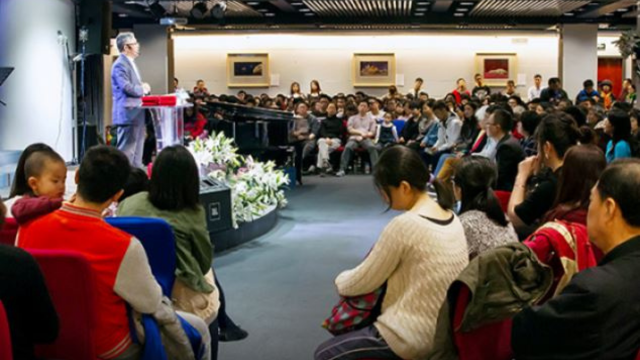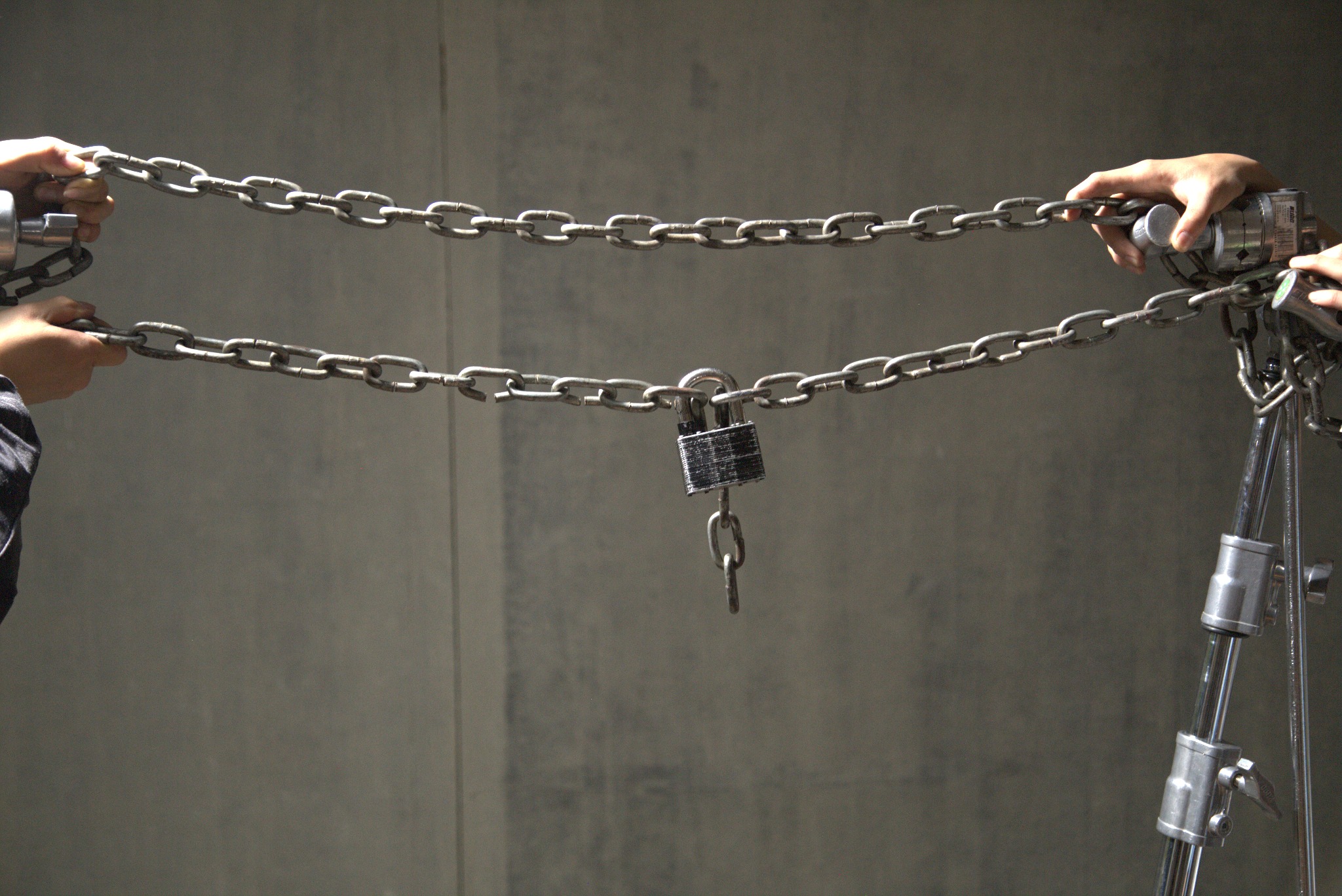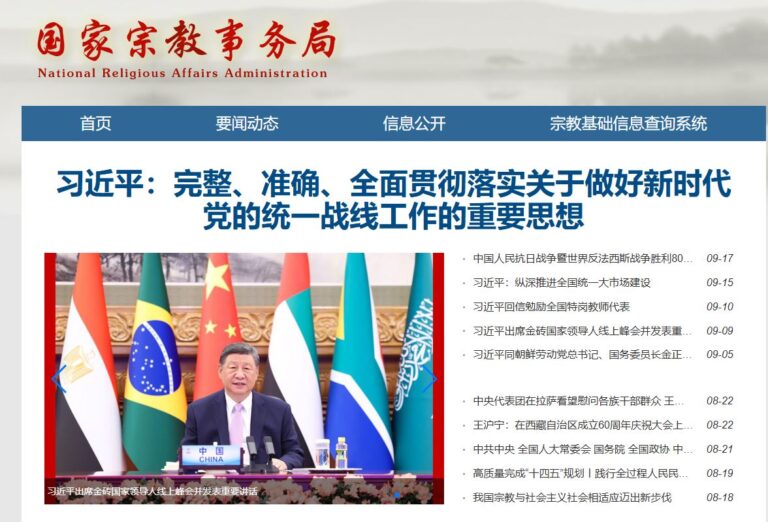In a new book, renowned historian Wu Si debunks the myth that the CCP’s totalitarianism hinders human rights but promotes economic growth.
We often hear that the CCP’s totalitarian regime is evil for human rights but good for the economy. The fact is, it is not suitable for the economy either. Its flaws are emerging and will become evident in the following years or decades. We learn this from a new book by respected Chinese historian Wu Si.
In “顶残” (Richmond, CA: 1Plus Books, 2025), Wu Si sharply critiques China’s economic and political structures, examining hidden power mechanisms and property issues through the unsettling idea of “crippled from the top.”
Known for his straightforward intellectual style and ability to develop conceptual tools for decoding complex social phenomena, Wu offers readers a new way to interpret China’s modern market and governance systems.
The title “顶残,” meaning “crippled from the top,” captures Wu’s core point. In authoritarian regimes like China’s, those in power hold unchecked control over institutions, markets, and property rights, leaving those below unable to defend or assert economic independence. Wu uses this metaphor to emphasize the inability of bottom-up resistance, where market participants cannot oppose top-down encroachment.
This leads to two related ideas—“顶残产权” (crippled property rights) and “顶残市场” (crippled markets)—which describe how incomplete legal protections and arbitrary interventions distort transactions, hinder innovation, and entrench inequality. Wu argues these issues are not accidental but inherent to the CCP’s authoritarian governance.
Wu analyzes these dysfunctions with clinical precision, drawing on his long-standing exploration of “官家主义” (“officialdom-ism”). This term differentiates China’s centralized rule from European absolutism and other Asian autocracies by emphasizing power rooted in the bureaucratic system, where the ruling elite’s will shapes rules, markets, and moral narratives.
In “顶残,” Wu introduces “X-ray vision,” a metaphor for his analytical tools that probe beneath institutional surfaces. This is similar to his earlier works “潜规则” (“Hidden Rules”) and “血酬定律” (“The Blood Price Theory”), where he exposed informal power structures, implicit codes, and unspoken rules overriding formal policies.
For instance, Wu points out that property rights in China are tied more to relationships with power than to legal entitlements. Land ownership, corporate control, and personal wealth are subject to top-down redefinition, reallocation, or confiscation based on the CCP’s shifting priorities. This makes the market neither free nor fair—just a strategic arena in bureaucratic rivalry.

Wu’s strength is his ability to coin terms that clarify complex realities. With “顶残,” he expands his vocabulary designed to reveal hidden structures. By naming these distortions rather than merely criticizing them, he enables critical and systemic thinking among readers. Wu argues that “crippled markets” are not just inefficient but deliberately limited for political purposes. Through unpredictable enforcement, selective licensing, or opaque mergers, citizens and economic actors are constantly threatened by a power that supersedes law and reason, fostering risk aversion, misallocation, and moral hazards that inhibit genuine innovation.
His analysis of “crippled property rights” shows that without secure ownership and reliable courts, rights become privileges granted or revoked at will. This hampers long-term investments and promotes corrupt patronage, ensuring markets serve power instead of progress.
Wu’s insights go beyond academia, offering a valuable framework for understanding China’s paradoxical market behaviors—booming despite crackdowns or crashing amid liberalization. He helps readers see that these phenomena are driven by political and structural logic rather than purely economic factors. His work is timely because it reveals how these dynamics influence culture, technology, and individual psychology: in contemporary China, people learn self-censorship, internalize hierarchy, and view innovation as risky.
Occasionally, Wu’s tone includes dry humor, especially when critiquing state-sponsored narratives or contradictions in official policies. His work is a critique of power and a guide to understanding the hidden mechanisms of authoritarian systems and how markets are shaped for profit and control. Most importantly, Wu offers clarity: in a world full of CCP propaganda, complexity, and partial truths, “顶残” provides a language to identify what is fundamentally broken in the Chinese system.
Source: Bitter Winter












